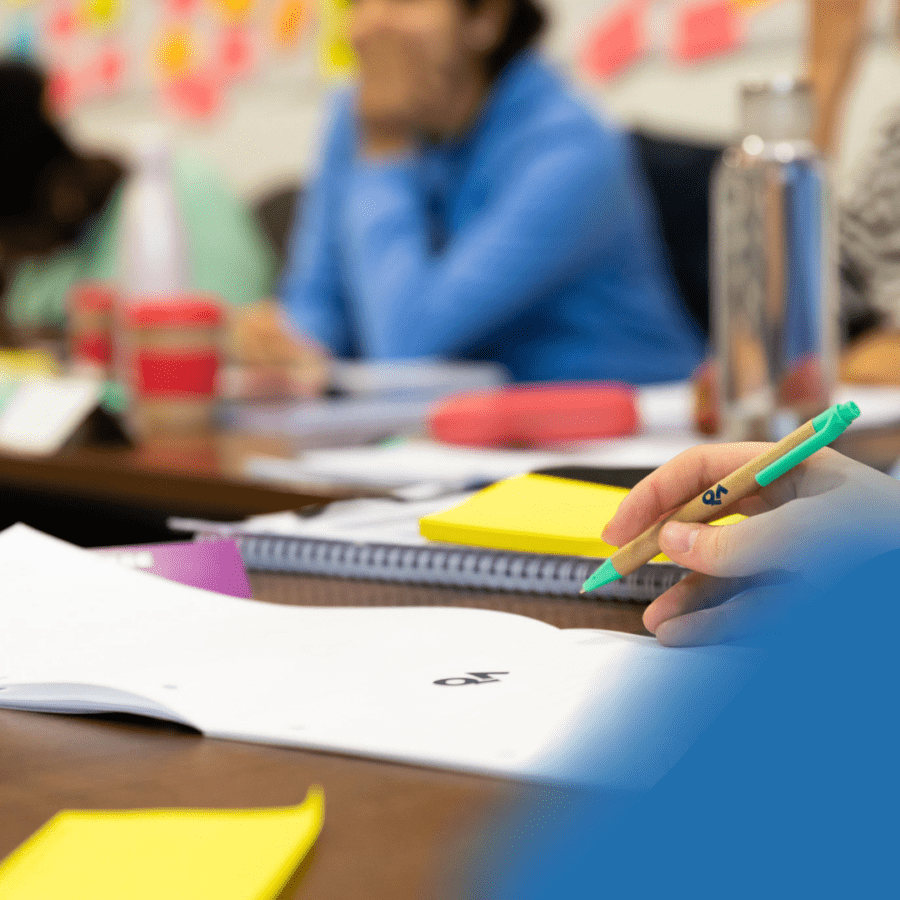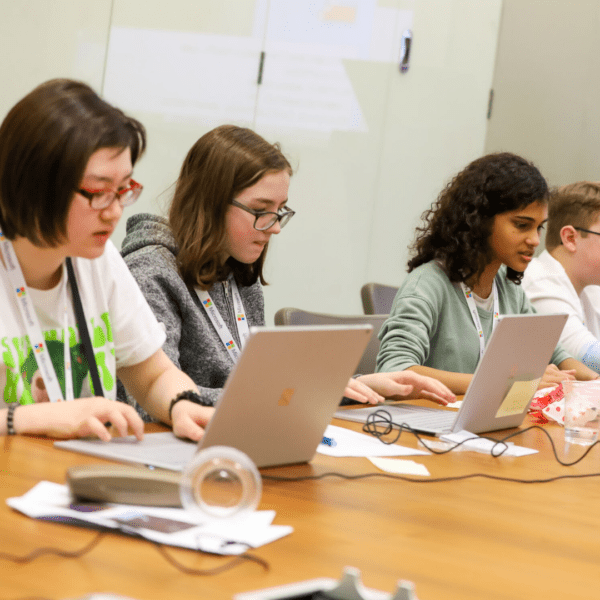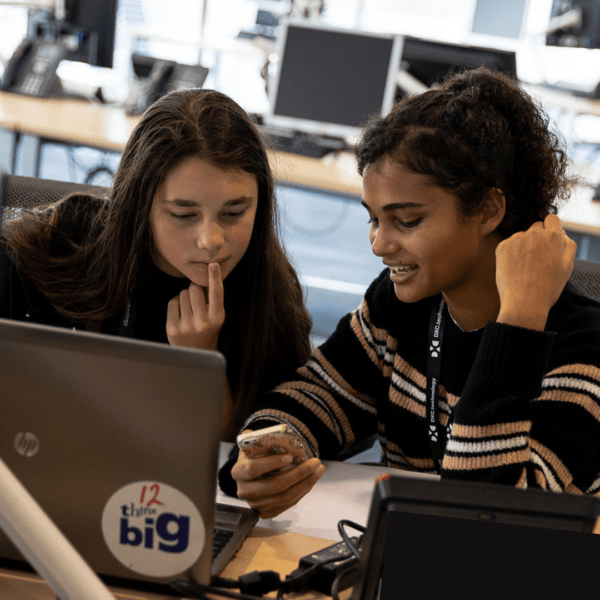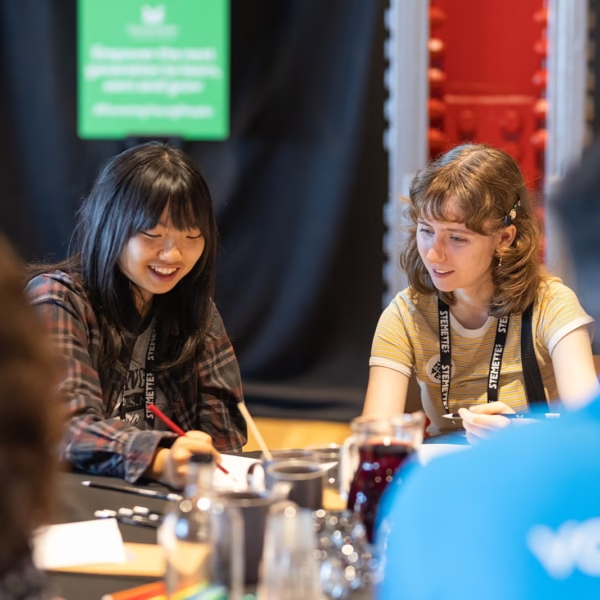Writing a personal statement is daunting for everyone. So we’ve put together this guide of tips and tricks, which I picked up while writing mine. I’ve split these tips into three different sections: things to put on your personal statement, planning and writing, and editing. So let’s get into it!
Things To Put In Your Personal Statement.
Gathering things to put on your personal statement now will save you later! Your statement needs to show that you’re interested and engaged with your chosen subject, and the best way to do that is through widening your knowledge by reading, listening to podcasts, watching lectures and now is the perfect time to start. Here are my tips and tricks for getting a good amount of activities to write about:
Keep a log of everything you have done or are doing. This one is a big one and has to come first. Even if it’s just a simple list of podcasts you’ve listened to and documentaries, it will make sure you don’t forget about anything and make the planning stage so much easier. When you do get to planning you can look at this list and group things together into paragraphs. Read more on what to include in your personal statement here >>
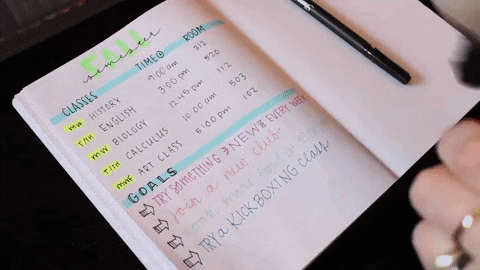
Focus on super-curricular activities more than extra-curricular activities. Extra-curriculars are a great way to show that you’re well rounded and have many skills. However, most Russel groups (especially Oxbridge) want to see more super-curricular activities to show your interest in the subject area. Super-curricular activities are all the things which you do outside of your curriculum but still focused on your subject, like taking part in a maths challenge.
Find things that actually interest you.

One of the most important things on your personal statement should be showing that you’re passionate about STEM; doing lectures, summer schools, or whatever it may be, that you are actually interested in will make showing your passion so much easier! Monster also has a list of top tips for your personal statement >>
Use the resources around you. There are huge amounts of resources that you can access online for free. I really recommend reading a few books around your subject to widen your knowledge. Some other things you could be looking out for:
• Online courses
• Seminars or lectures
• STEM news and research
• Podcasts
• Documentaries
• Even some cool STEM youtube channels
• Don’t forget all the stuff on Stemette Society!
This piece was written by Isadora Hugo, Stemette Society member.
